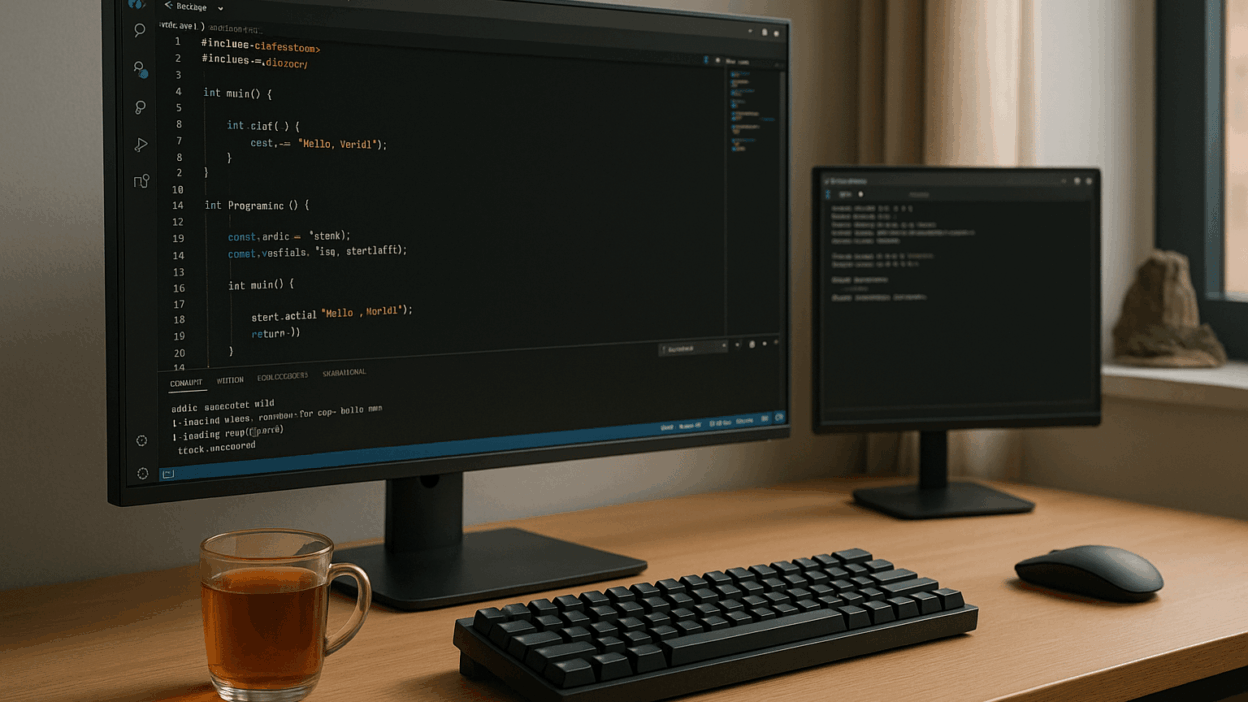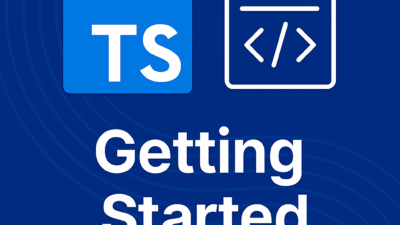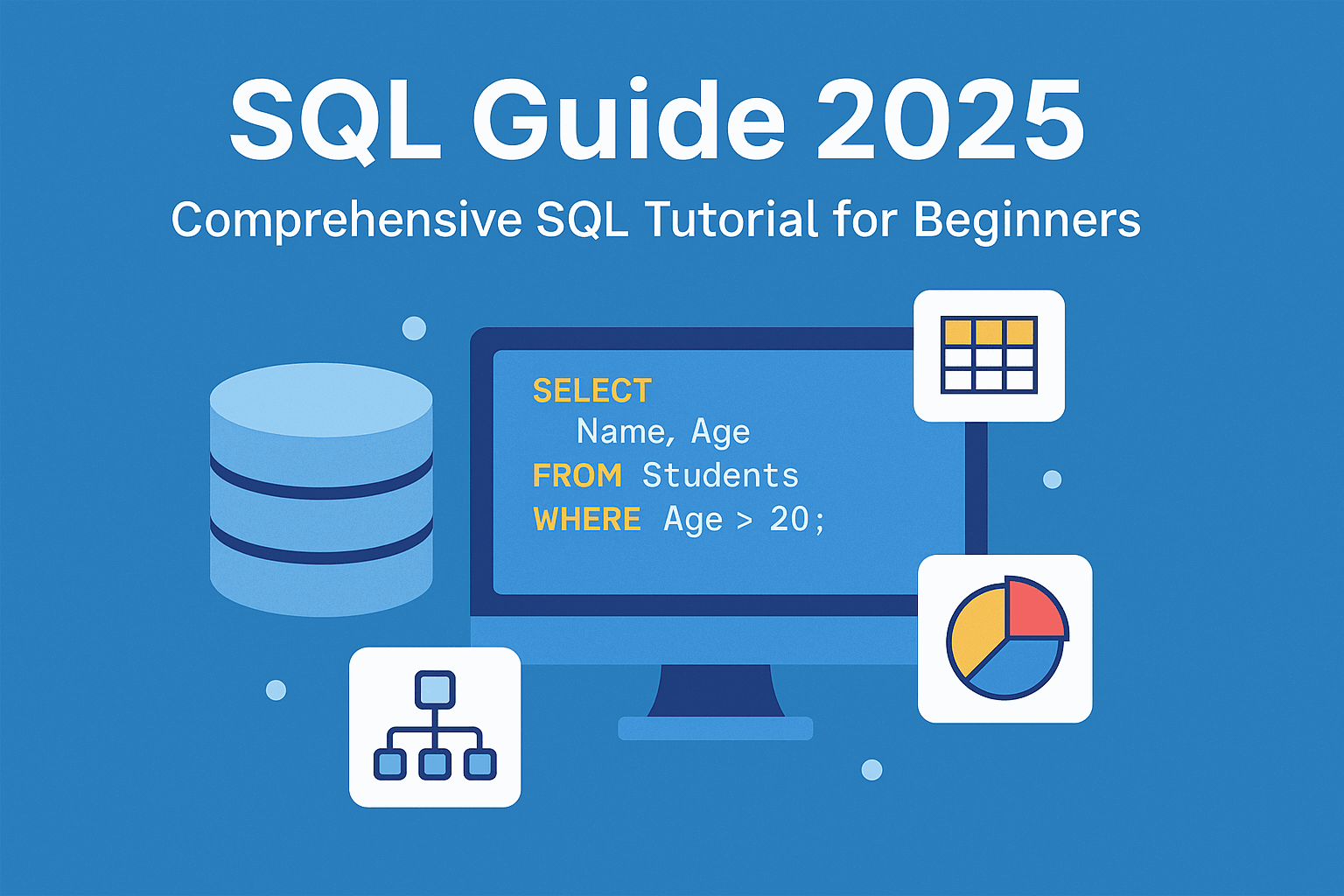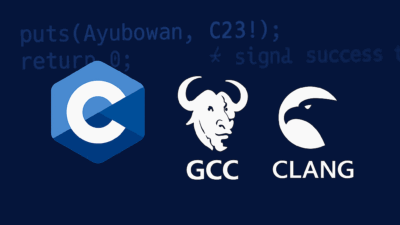In summary, C++ remains a cornerstone language for systems, game, and high-performance applications, with the recent C++23 standard introducing enhancements like lambdas with attributes and new diagnostics, and C++26 on the horizon bringing execution policies to standard algorithms (cppreference.com, 2025; Sutter, 2025). For those looking for a comprehensive C++ guide 2025, modern tooling—IDEs like CLion, Visual Studio Code, and advanced compilers such as GCC, Clang, and MSVC—provide robust support for development (Codevian Technologies, 2025; Techvify, 2024).
Key foundational topics include syntax and basic constructs, object-oriented programming, and memory management through RAII and smart pointers (Tutorialspoint, n.d.; Programiz, n.d.). New features such as modules simplify modular compilation (cppreference.com, 2024), while concurrency support with threads, futures, and async tasks enable high-performance parallel code (GeeksforGeeks, 2024).
Adhering to the C++ Core Guidelines and modern best practices ensures safety and maintainability (ISO C++ GitHub, 2025; Medium, 2022). Finally, a variety of free and paid resources—from LearnCpp.com to cppreference.com—will help you deepen your understanding as you progress (LearnCpp.com, n.d.; cppreference.com, 2024).
Table of contents
- 1. Introduction
- 2. Setting Up Your Development Environment
- 3. First Steps: Your First C++ Program
- 4. Core Language Features
- 5. Object-Oriented Programming
- 6. Memory Management
- 7. Concurrency and Parallelism
- 8. Best Practices and Guidelines
- 9. Standard Library and Popular Third-Party Libraries
- 10. Learning Resources
- 11. Conclusion
- References
1. Introduction
C++ is a general-purpose, statically-typed, compiled language that combines low-level efficiency with high-level abstractions (cppreference.com, 2024). Since its creation by Bjarne Stroustrup in the early 1980s, it has evolved through multiple standards to meet modern needs. Today, it powers operating systems, game engines, real-time systems, and performance-critical applications in finance and science. In 2025, learning C++ remains highly relevant due to its performance characteristics and continued evolution through standards such as C++20, C++23, and the forthcoming C++26. This guide, written from the perspective of a non-native English speaker in Sri Lanka, will walk you through getting started with C++, cover essential and advanced topics, introduce best practices, and point to valuable learning resources.
2. Setting Up Your Development Environment
2.1 Choosing an IDE
Modern IDEs offer code completion, static analysis, and debugging tools that greatly accelerate development:
- CLion by JetBrains: Excellent refactoring and navigation, integrates Clang-Tidy for guideline enforcement (Codevian Technologies, 2025).
- Visual Studio Code: Lightweight, extensible with Microsoft’s C++ extension for IntelliSense and debugging (Techvify, 2024).
- Visual Studio (Windows): Full-featured IDE with MSVC compiler, powerful debugger, and GUI designers.
Community feedback often highlights JetBrains tools as three steps ahead in functionality, though startup performance can lag behind VS-based tools (r/cpp, 2024)(reddit.com).
2.2 Installing a Compiler
Choose from:
- GCC (GNU Compiler Collection): Widely used on Linux, supports C++23 and experimental C++26 features.
- Clang/LLVM: Fast compile times, modular design, and excellent diagnostics.
- MSVC (Microsoft Visual C++): Standard on Windows, supports most modern C++ standards (cppreference.com, 2024)(en.cppreference.com).
2.3 Verifying the Setup
After installation, verify by printing the version:
g++ --version # for GCC
clang++ --version # for Clang
cl.exe # for MSVC
3. First Steps: Your First C++ Program
3.1 Hello, World!
Create a file hello.cpp:
#include
int main() {
std::cout << "Hello, World!" << std::endl;
return 0;
}
Compile and run:
g++ hello.cpp -o hello
./hello
This basic example demonstrates inclusion of headers and the main entry point (Tutorialspoint, n.d.)(tutorialspoint.com).
3.2 Basic Syntax Overview
C++ programs consist of declarations, statements, and expressions. Key elements include:
- Variables and Types:
int,double,char,std::string. - Control Structures:
if,for,while,switch. - Functions: Declaration and definition with return types and parameters (Tutorialspoint, n.d.)(tutorialspoint.com).
4. Core Language Features
4.1 C++23 Enhancements
C++23 finalised several proposals, such as:
- Attributes on Lambdas: Allow
[[likely]]and other attributes on lambda expressions (cppreference.com, 2025)(en.cppreference.com). #warningDirective: Generate compile-time warnings from code (cppreference.com, 2025)(en.cppreference.com).- Delimited Escape Sequences:
'\x{...}'for better Unicode support (cppreference.com, 2025)(en.cppreference.com).
4.2 Looking Ahead: C++26
The upcoming C++26 standard focuses on:
- Execution Policies: Standardising
std::executionfor parallel algorithms in production code (Sutter, 2025)(herbsutter.com). - Additional Library Improvements: Expanded numeric formatting and Unicode support (ISO C++ Blog Staff, 2024)(isocpp.org).
4.3 Modules (Since C++20)
Modules replace traditional headers by providing explicit import/export interfaces, reducing compile times and improving encapsulation (cppreference.com, 2024)(en.cppreference.com).
5. Object-Oriented Programming
C++ was designed to add object orientation to C:
- Classes and Objects: Encapsulate data and behaviour (Tutorialspoint, n.d.)(tutorialspoint.com).
- Inheritance and Polymorphism: Base and derived classes,
virtualfunctions allow runtime polymorphism. - Encapsulation: Access specifiers
public,protected,private.
6. Memory Management
6.1 Manual Allocation
newanddeletemanage dynamic memory (Programiz, n.d.)(programiz.com).- Dangling pointers and memory leaks are common pitfalls.
6.2 RAII and Smart Pointers
- RAII (Resource Acquisition Is Initialization) ties resource lifetime to object scope (Medium, 2022)(medium.com).
std::unique_ptr,std::shared_ptrfrom
7. Concurrency and Parallelism
Modern C++ provides standardized concurrency:
std::threadfor creating threads.std::async,std::futurefor asynchronous tasks (GeeksforGeeks, 2024)(geeksforgeeks.org).- Parallel algorithms using execution policies (
std::execution::par) in C++26 (Sutter, 2025)(herbsutter.com).
8. Best Practices and Guidelines
8.1 C++ Core Guidelines
Authored by Bjarne Stroustrup and Herb Sutter, these guidelines cover safety, performance, and maintainability (ISO C++ GitHub, 2025)(isocpp.github.io).
8.2 Modern Best Practices
- Prefer
autofor type deduction where clarity is not lost. - Use range-based
forloops instead of iterator loops (Medium, 2022)(medium.com). - Avoid raw pointers; use smart pointers and containers (
std::vector,std::string).
9. Standard Library and Popular Third-Party Libraries
9.1 C++ Standard Library
Provides containers, algorithms, and utilities in
9.2 Other Libraries to Explore
- Boost: A rich set of peer-reviewed libraries (not yet standardised).
- Eigen, Qt, POCO for specialized domains.
10. Learning Resources
- cppreference.com: Definitive reference for language and library (cppreference.com, 2024)(en.cppreference.com).
- LearnCpp.com: Free tutorial with exercises (LearnCpp.com, n.d.)(learncpp.com).
- Tutorialspoint.com: Structured lessons from basics to advanced (Tutorialspoint, n.d.)(tutorialspoint.com).
- Programiz.com, GeeksforGeeks.org: Focused tutorials on topics like memory and concurrency (Programiz, n.d.; GeeksforGeeks, 2024)(programiz.com, geeksforgeeks.org).
- Books: The C++ Programming Language by Stroustrup; Effective Modern C++ by Scott Meyers.
11. Conclusion
C++ in 2025 continues to blend performance with modern abstractions. By installing a current compiler, choosing a good IDE, and learning both core and new features, you can write safe and efficient code. Follow the Core Guidelines, practice with real projects, and leverage the wealth of online resources to become proficient.
References
Codevian Technologies. (2025) ‘17 Best IDEs for C++ Programmers in 2025’. Available at: https://codevian.com/blog/best-ides-for-c-programmers/ (Accessed: 9 June 2025).
cppreference.com. (2024) ‘C++ Language’. Available at: https://en.cppreference.com/w/cpp/language (Accessed: 9 June 2025).
cppreference.com. (2024) ‘Compiler support for C++23’. Available at: https://en.cppreference.com/w/cpp/compiler_support/23 (Accessed: 9 June 2025).
cppreference.com. (2025) ‘C++23’. Available at: https://en.cppreference.com/w/cpp/23.html (Accessed: 9 June 2025).
cppreference.com. (2024) ‘Modules (since C++20)’. Available at: https://en.cppreference.com/w/cpp/language/modules (Accessed: 9 June 2025).
cppreference.com. (2024) ‘C23 Library Features’. Available at: https://en.cppreference.com/w/c/23 (Accessed: 9 June 2025).
GeeksforGeeks. (2024) ‘Concurrency in C++’. Available at: https://www.geeksforgeeks.org/cpp-concurrency/ (Accessed: 9 June 2025).
ISO C++ Blog Staff. (2024) ‘Trip Report: Fall ISO C++ Meeting in Wrocław, Poland’. Available at: https://isocpp.org/blog/2024 (Accessed: 9 June 2025).
ISO C++ GitHub. (2025) ‘C++ Core Guidelines’. Available at: https://isocpp.github.io/CppCoreGuidelines/CppCoreGuidelines (Accessed: 9 June 2025).
LearnCpp.com. (n.d.) ‘Learn C++ – Skill up with our free tutorials’. Available at: https://www.learncpp.com/ (Accessed: 9 June 2025).
Medium. (2022) ‘Collecting the best C++ practices’. Available at: https://medium.com/@Code_Analysis/collecting-the-best-c-practices-4b867006849f (Accessed: 9 June 2025).
Programiz. (n.d.) ‘C++ Memory Management (With Examples)’. Available at: https://www.programiz.com/cpp-programming/memory-management (Accessed: 9 June 2025).
Sutter, H. (2025) ‘Living in the future: Using C++26 at work’. Available at: https://herbsutter.com/2025/04/23/living-in-the-future-using-c26-at-work/ (Accessed: 9 June 2025).
Techvify. (2024) ‘Choose The Best IDE For C++ In 2025’. Available at: https://techvify.com/choose-the-best-ide-for-c/ (Accessed: 9 June 2025).
Tutorialspoint. (n.d.) ‘C++ Tutorial’. Available at: https://www.tutorialspoint.com/cplusplus/index.htm (Accessed: 9 June 2025).
W3Schools. (n.d.) ‘C++ Tutorial’. Available at: https://www.w3schools.com/cpp/ (Accessed: 9 June 2025).






